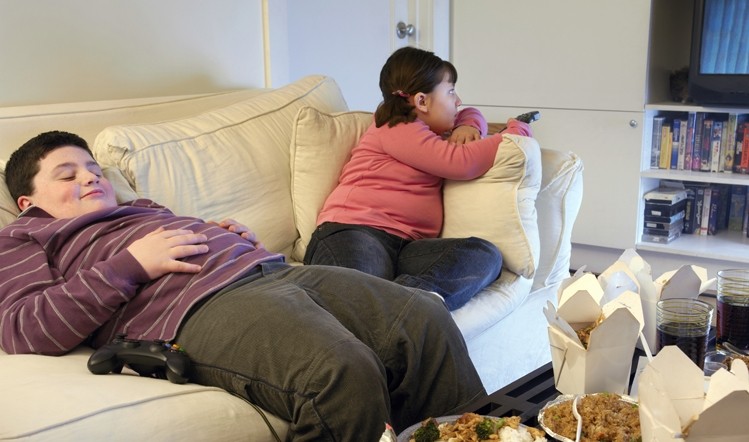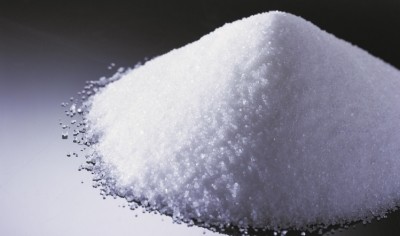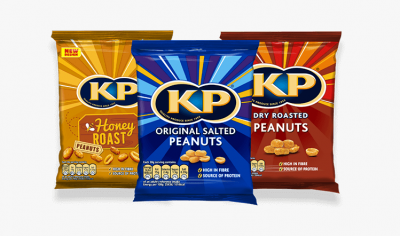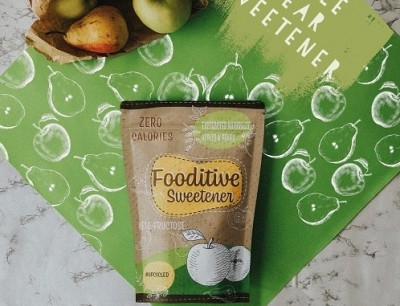Small businesses exempt from junk food ad ban

Adverts for HFSS foods will not be allowed to be shown before 9pm on TV and UK on-demand programmes. The new restriction will come in to force at the end of next year (2022).
The move followed a consultation launched in November last year over the future of advertising for HFSS foods in the UK, which was criticised by food and drink producers. UK retailers have already been banned from putting multi-buy promotions HFSS foods under Government guidelines.
The restrictions will only apply to businesses with 250 or more employees that make or sell HFSS products, meaning small and medium-sized will be able to continue to advertise.
Advertising online
Online restrictions will be limited to paid-for advertising, ensuring brands can continue to advertise within ‘owned media’ spaces online. This would include a brand’s own blog, website, app or social media page.
Foods such as honey, olive oil, avocados and marmite will also be excluded from the restrictions, due to ban’s focus on products of most concern to childhood obesity.
Public health minister Jo Churchill said: “These measures form another key part of our strategy to get the nation fitter and healthier by giving them the chance to make more informed decisions when it comes to food. We need to take urgent action to level up health inequalities.
“This action on advertising will help to wipe billions off the national calorie count and give our children a fair chance of a healthy lifestyle.”
Cutting calories
The Government claimed the restrictions would remove up to 7.2bn calories from children’s diets per year in the UK, which would lead to a reduction of 20,000 obese children over the coming years.
However, the Food and Drink Federation (FDF) said it was disappointed with the Government’s decision to press ahead with the ban – a ban that undermined existing efforts to reformulate foods to reduce calories, sugars and salt and portion sizes.
As FDF chief scientific officer Kate Halliwell explained: “The proposals would make it difficult to advertise many products that have been carefully reformulated or created in smaller portions in-line with the Government’s own targets – for example, Cadbury would not be able to advertise their 30% reduced sugar Dairy Milk.
“Not only do the proposals signal a lack of joined-up policy, the implementation periods for both advertising and promotional restrictions do not give businesses enough time to prepare for the changes.”
Supporting the Government
Despite its disappointment, the FDF said it would continue to work with the Government to ensure that the policies are practical.
Professor Graham MacGregor, chair of Action on Sugar and Action on Salt, Queen Mary University of London welcomed the ban, but bemoaned the lack of a total ban on unhealthy food and drink advertising.
“The fact that meals high in salt, fat and sugar which are served by large fast food chains will be included in the restrictions is hugely significant,” he added. “This is especially pertinent given many big food chains have been profiting enormously from advertising during the pandemic.
“The food & drink industry, including the hospitality sector, should not wait until 2023 to adhere to these restrictions and immediately get behind these new measures and support the nation’s health.”
Meanwhile, Hannah Sutter – chief executive and founder of ketogenic snack brand Fatt – discussed her brand’s potential as UK legislation continues to crackdown on HFSS foods.















